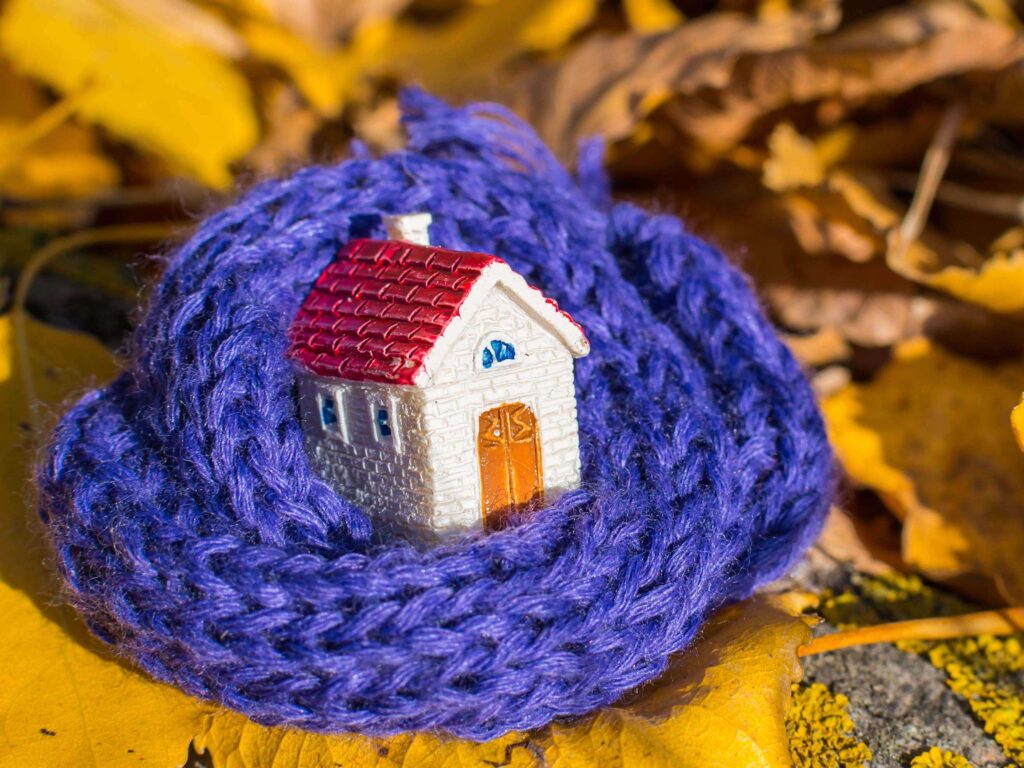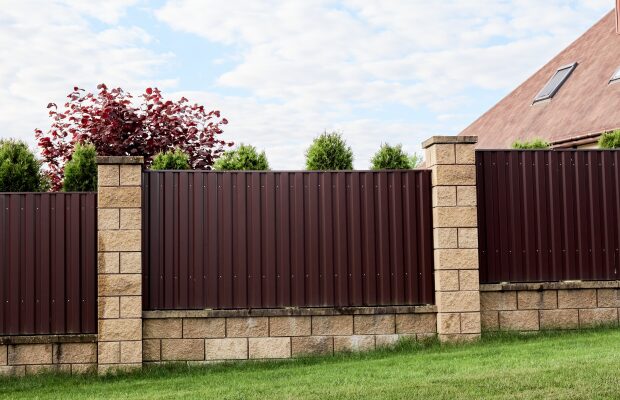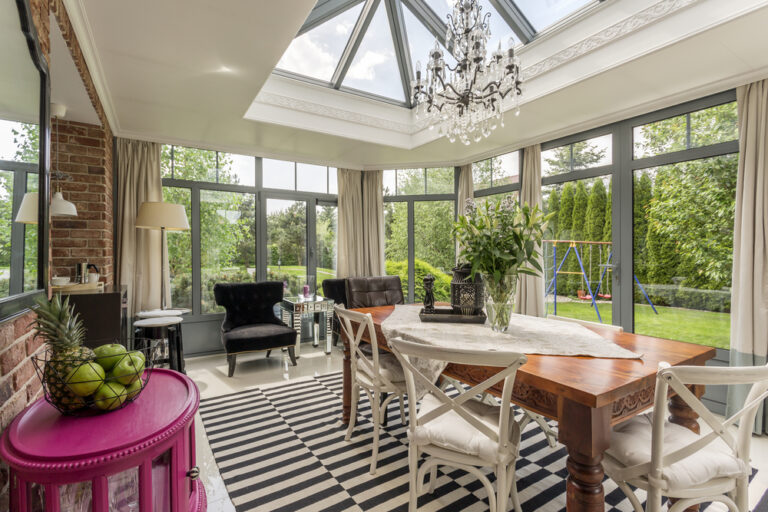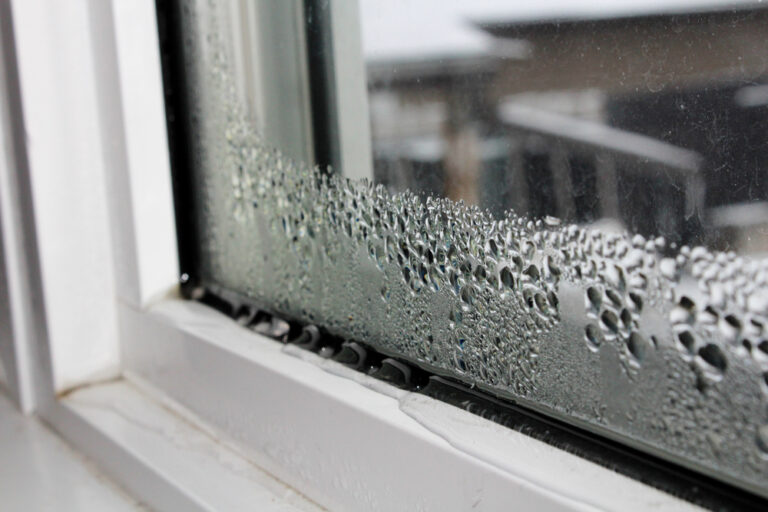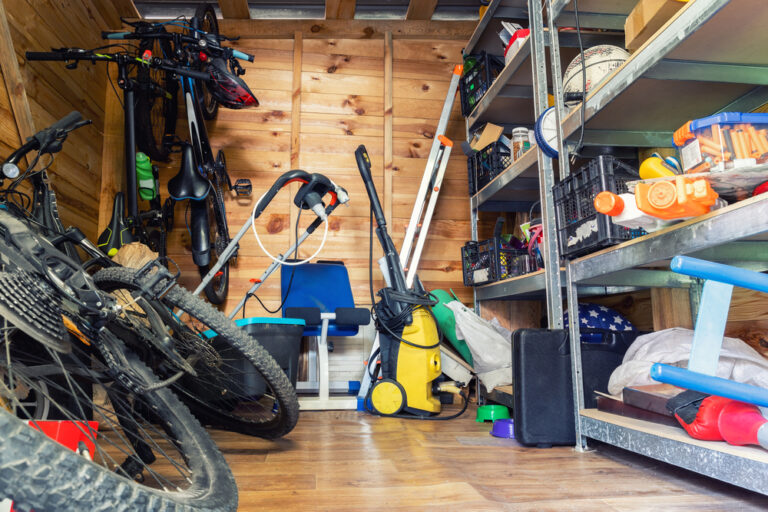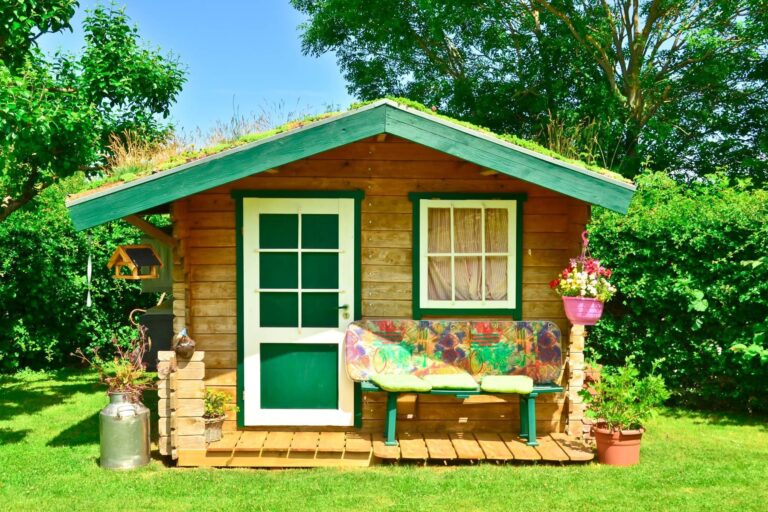Winter is coming and for some of us, it probably feels like it’s already here.
The colder months can take their toll on your home, so it’s important you take steps to protect your property while winter runs its course.
If you’re a landlord, it’s equally as important that your rental property is well protected so you can keep your tenants comfortable and safe.
There are a whole host of steps you can take, which we’ll outline here…
1 Keep your home warm in winter
Keeping your property warm during the winter months not only keeps you healthy and cosy, it also helps to protect your property.
There are lots of things you can do to boost your home’s energy efficiency, keeping heat in during winter, including:
- Double glazing
- Energy efficient doors
- Loft insulation
- Cavity wall insulation
What is cavity wall insulation?
Cavity wall insulation is an insulating foam that is injected into the space between the two walls of your home. If your home was built after the 1920s, it’s likely it will have a cavity wall, but homes built before that time may have a single, solid wall instead.
Holes are drilled through the exterior wall and into the cavity, before insulation material is injected into the cavity and the holes are filled.
How does insulation work?
Insulation works by restricting heat flow to colder parts of your house. That’s why wall, loft and floor insulation can help reduce your energy bills and keep more heat in your home during winter.
2 Take out boiler breakdown cover
A boiler failure during winter is not only extremely serious, it can also be very costly.
By taking out boiler breakdown insurance cover, you can ensure your boiler is fixed should the worst happen.
Most boiler insurance policies include regular servicing and 24/7 callouts should your boiler break down.
Some policies also include a cash contribution towards a new boiler, if yours can’t be fixed.
Is boiler breakdown covered on my house insurance?
Usually, boiler cover isn’t included in a standard home insurance policy.
Boiler cover can sometimes be added on as an extra, or you can take out a separate boiler cover policy.
3 Clear your gutters
UK winters are often more about intense rain than frost and ice.
So, taking some time to make sure your guttering and downpipes are clear of autumn debris is time well spent.
Blocked guttering and downpipes are two of the leading causes of damp and damage to brickwork and walls.
4 Insulate outdoor pipes
Burst pipes are a common issue during extremely cold weather.
And pipes that run outdoors are even more prone to freezing.
If you have any pipes running outside your home, make sure they are adequately insulated throughout winter to prevent them from freezing over and bursting.
5 Check your roof
High winds are a staple of the British winter, so making sure your roof is protected and in good condition should be a key part of your winter maintenance programme.
Look out for missing or damaged tiles and replace any that have seen better days.
If you can’t see any damage from ground level, consider bringing in a roofing expert to take a closer look for total peace of mind.
6 Set the heating for when you’re away
If you’re leaving your property for any period of time during the winter, make sure you set your heating on a timer to come on once or twice a day.
This doesn’t need to be at a high heat – it’s to ensure hot water runs through your pipes to prevent them from freezing and bursting.
7 Know where your stop cock is
Unfortunately, issues do crop up with properties during the winter and a burst pipe or leak can be a huge problem.
Familiarise yourself with where your stop cock is so you can act quickly and switch off the water supply should you encounter a leak or burst pipe.
Being able to switch off the supply quickly could save your home from major water damage.
8 Prepare for a power cut
Stormy weather can cause problems with electricity and power cuts are far from uncommon through the winter months.
While most are fixed quickly, some power cuts can last for several hours, or even days in the event of more serious problems.
Make sure you’re prepared for a power outage by having candles and a torch available, while also keeping your mobile phone well charged so you can keep up to date with progress fixing the fault or contact friends or family should you need to.
9 Check your home insurance
Most buildings and contents insurance policies cover loss or damage caused by the winter weather.
Many policies will also provide alternative accommodation should your home become uninhabitable due to weather damage.
Before winter really kicks in, take a look at your policies so you’re sure what’s included and can decide whether or not you need more cover.
10 Bleed your radiators
If your radiators feel hot at the bottom and cold at the top, they need to be bled.
The build-up of air in your heating system can mean your radiators aren’t functioning as well as they should, and this can affect the amount of heat coming into your home.
Go around each radiator in your home, with the heating off, and use a bleed key to release any air while holding a cloth underneath to catch any water.
Further reading…
If you’re thinking of moving and starting to look at properties to buy, it’s crucial that you know what to look out for.
Our guide on viewing properties to buy can help.
